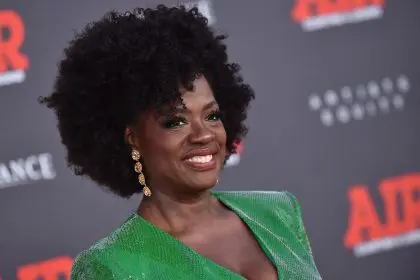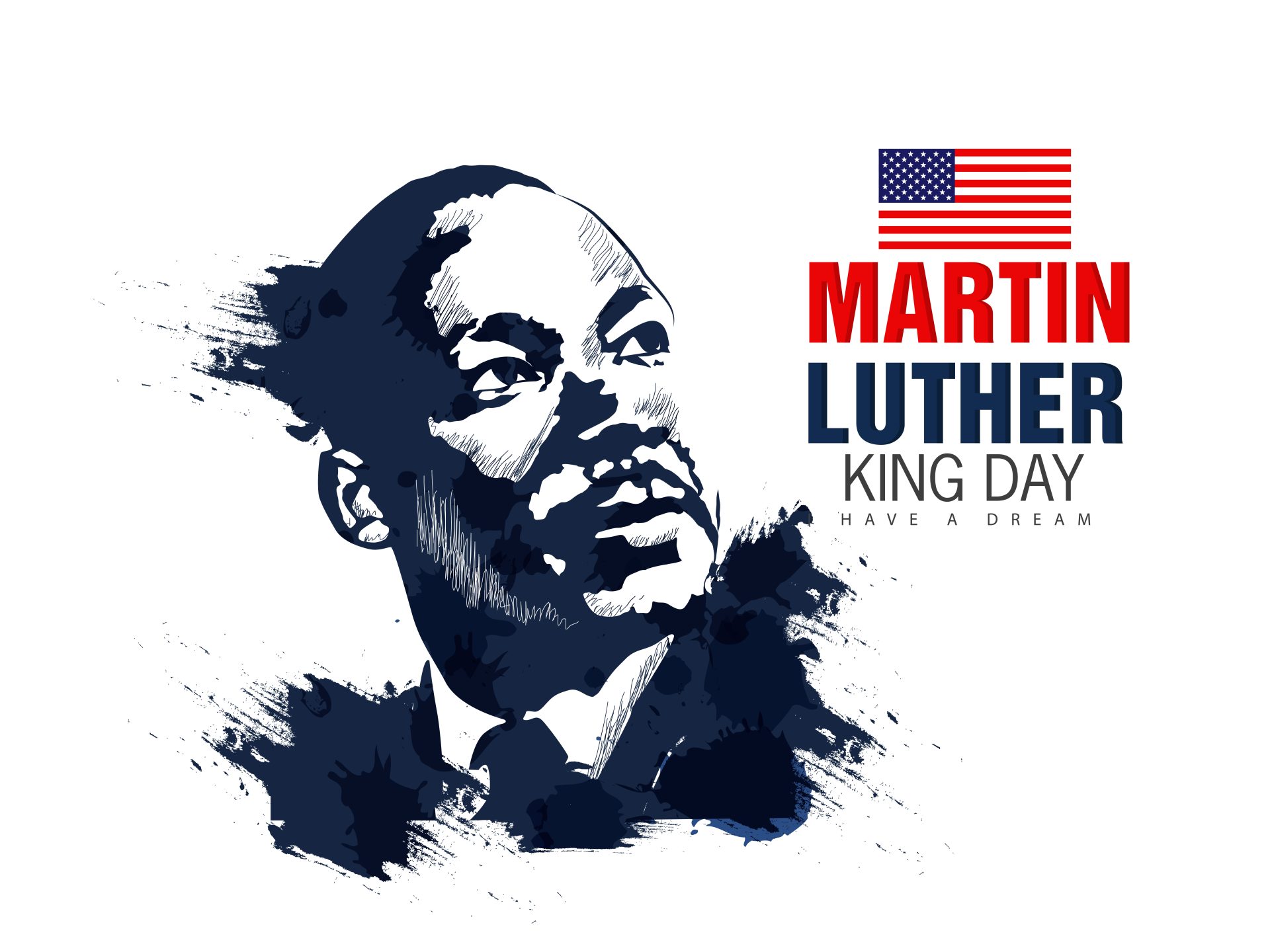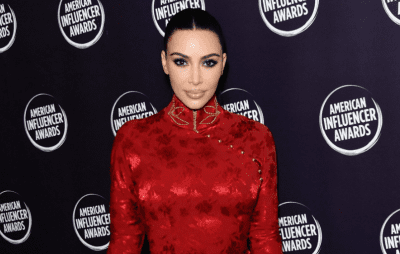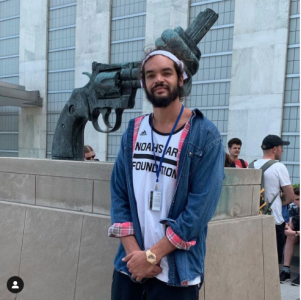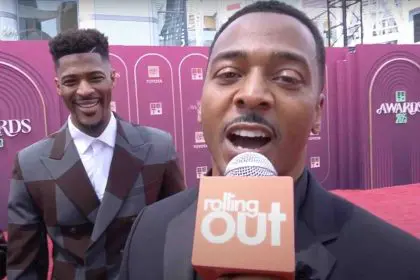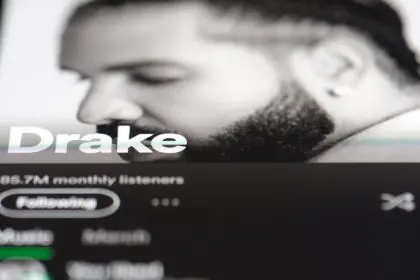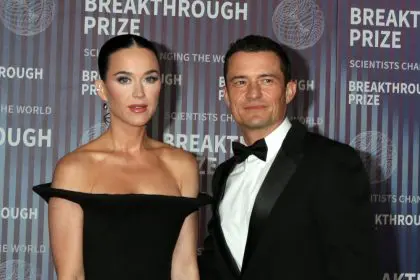
On Sept. 11, 2001, Royce Lewis was working near the White House in Washington D.C. when he looked up and saw the horrible black smoke billowing up from the Pentagon. That sight stunned him enough, but when he learned that it was the result of a terrorist attack, a sharp blade of fear ripped through him and his sense of safety and normalcy went up in smoke as well.
“I couldn’t get in contact with my pregnant wife for hours because my cell service went out,” said Lewis, a commercial real estate executive. “I walked 15 miles home to Capitol Heights, Maryland, because I was too scared to take D.C. metro.” Lewis added that he walked in hard-soled dress shoes, slicing through the chaos and gridlock that had wrapped a tight fist around the city’s throat. However, Lewis is thankful that he could even walk away from the District at all.
Hundreds of miles away, Christopher Gould of Manhattan was also directly impacted. He was right underneath the Trade Center when the two planes took down the famous towers and, with it, his idea of American invulnerability. The nation’s biggest and busiest public transportation system suddenly resembled a clogged-up sink as everything slammed to an immediate halt and panic invaded those subway trains.
“I can recall riding the A train with my fellow New Yorkers underneath the destruction of the World Trade Center terrified, in complete and utter silence, saying to ourselves, ‘We won’t let them take away our American Dream,’ ” recalls Gould, a health and fitness entrepreneur. “God bless the souls that were lost in and affected by that tragic event.”
As the horrific scenes unfolded and the skies above New York, Washington and Pennsylvania were blanketed in hellish black smoke, something else crumbled that day: the relationship between Christians and Muslims in America, according to Michael Hodge, a sociology professor at Morehouse College.
“I think that it brought attention to a group of people … and that was Muslims. It brought increased attention to the Nation of Islam, and in negative ways, because of the backlash against the religion of Islam and Muslim people,” Hodge said. “Non-Muslim African Americans also had the same negative feelings [as many whites did] against Islam and Muslim people as a result of 9/11. It heightened the suspicion.”
Lewis, now a Delaware resident, and Eyatta Fisher of Atlanta, can testify to Hodge’s observations.
“That’s when all the brothers and sisters who would vocally support Muslim enemies of the United States changed their tune,” Lewis added. “They thought they had an unwritten agreement of no harm. [That day] showed that we would be collateral damage for them to achieve their goals.”
Fisher, a former school teacher adds that, in fact, open hostility and violence towards American Muslims became acceptable. “America puts on a lovely face of acceptance via catchy words like democracy, melting pot, choice, freedom, etc., …but how is that believable when those very same Americans are wearing shirts with the image of an Iraqi person in a circle, with a line drawn through, and beneath that is written, ‘No Towelheads.’
Professor Hodge said that country reeled from fear and shock because such devastation hadn’t happened within the continental United States in our lifetime.
That’s precisely why former Chicago resident Danielle Gilliam’s literally shut down on Sept. 11. Since the Sears Tower is also a treasured landmark that rivaled the Twin Towers and the Empire State Building for size and scope, she thought the Windy City would be the next target.
“As a result of 9/11, I watched CNN 20-22 hours a day for over two weeks. I became too scared to close my eyes, because I was concerned about the next attack and Chicago possibly being the target. I had to protect my infant-toddler children,” says Gillam, a mother of two daughters who now lives near Phoenix. “The day remains distinct in my head.”
The level of sorrow is still palpable, even for those who were not directly impacted by the violence. “What a horrible day. It was my first day on a new job at a hospital in Philly. When I got home, my tenant at my rental property was crying on the steps. She told me that her twin sister started work that day in Tower Two [in New York],” Noel Lorenzo Francis said glumly. “They never found her body.”
Americans, while collectively mourning the large loss of life, also lost a sense of innocence and isolationism that came from being an ocean away from the Middle East and other parts of the world where widespread bloodshed is commonplace. But what Americans did not lose was their resiliency. If anything, Hodge observed, it fortified its sense of resolve.
“I think it speaks to the resilience of Americans. Commerce didn’t stop. Business didn’t stop. Vacations didn’t stop. People still did these things,” the professor said. “The [terrorist attack] was an attack on what outsiders believed were symbols of our democracy and a symbol of our value system. But they were mistaken, in that those values are deeper than tall buildings.” –terry shropshire

